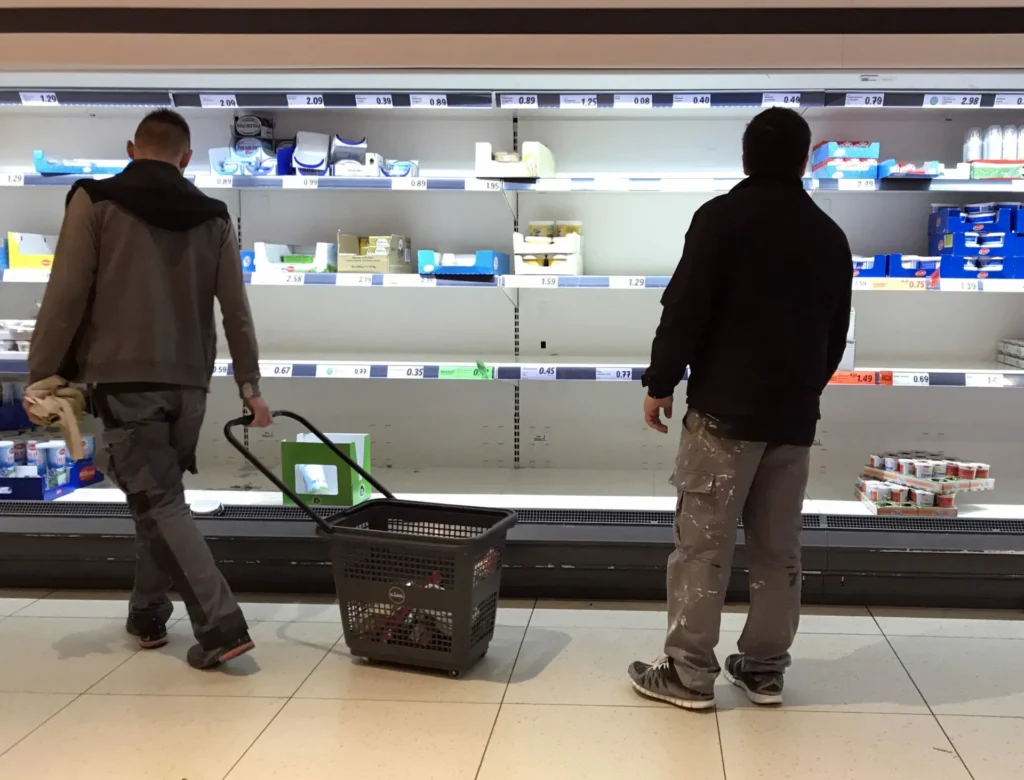Slovenia has recorded a new jump in inflation. Compared to the previous year, prices of basic necessities are 0.3 percent higher. This is 0.2 percent higher inflation than last month and 2.1 percentage points higher inflation than last August. Food prices have risen the most.
Inflation was highest in August for food, the most basic commodity. The increase in the price of food and non-alcoholic beverages (by 7.6 percent) contributed 1.4 percentage points to annual inflation. The increase in food prices was closely followed by an increase in the price of clothing and footwear, which rose by 6.9 percent, according to the Slovenian Press Agency (STA).
Prices in restaurants and hotels were also higher. A 5.1 percent increase in prices was recorded. Both the clothing and footwear categories, as well as prices in restaurants and hotels contributed 0.4 percentage points to annual inflation.
Inflation is just one of the blows that Slovenians have suffered during the government of Robert Golob. Not only has it failed to curb inflation, but it has also increased the tax burden. Hardly a year goes by without the government coming up with a new tax to burden taxpayers. At the same time, there has been a deterioration in the quality and availability of public services, such as access to specialist medical examinations. All this is further compounded by the unwise spending of taxpayers’ money, such as the frenzied spending on politically biased non-governmental organisations that have no measurable impact on society. As former Prime Minister Janez Janša pointed out on X, this is “Freedom. The prosperity of the people has been reduced by more than 10 percent by the ‘top managers’ of the Slovenian government. In just three years.”

A few days ago, the newspaper Finance calculated that Golob’s government had “robbed” the average Slovenian of 300 euros per year, and that compared to three years ago, they can now afford 13 percent less in basic necessities. These findings are nothing short of catastrophic, and in a healthy media environment where people could effectively convey the extent of the disaster, such data would have driven people to the streets. If Janša’s income tax reform were also taken into account in the calculations, the recipient of the average salary in Slovenia would be receiving 1,300 euros more per year.
Ž. K.


